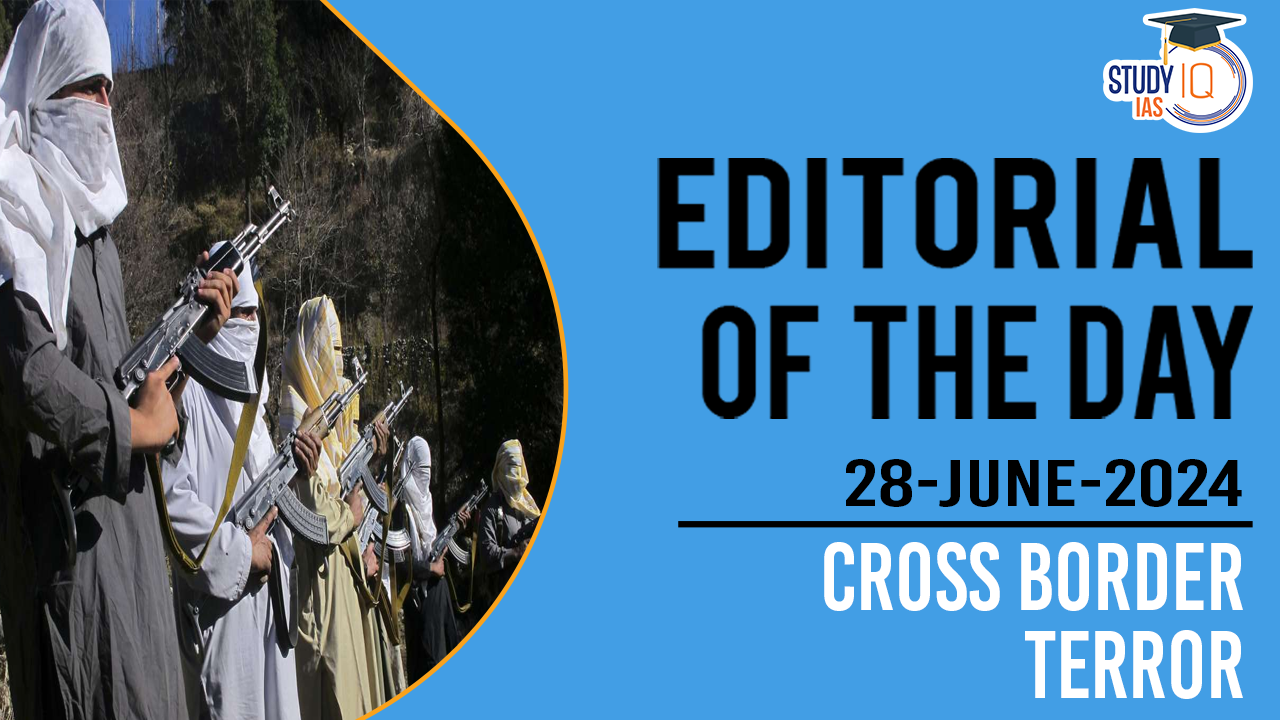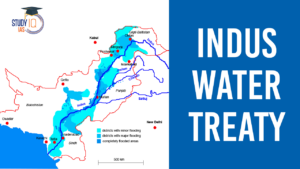Table of Contents
Context
- Reasi terrorist attack (2023) occurred on the day of PM Narendra Modi’s third-term oath, similar in timing and intent to the 2014 attack on India’s Consulate in Herat, Afghanistan.
- Both attacks aimed to undermine significant political moments for PM Modi and India.
Historical and Strategic Overview
- Encouragement from Afghan Jihad: Pakistan, inspired by the defeat of a superpower in Afghanistan, believed similar tactics could be used to destabilise India in Kashmir.
- Early Responses: Initially, India’s response in the 1990s involved developing counter-insurgency and counter-terrorism strategies.
- Pakistani Leadership’s Stance:
- Benazir Bhutto and Nawaz Sharif in the 1990s supported separatist movements in J&K, leveraging terrorism as a strategic tool.
- Bhutto halted talks unless Kashmir was a primary topic, Sharif later initiated structured dialogue focusing on multiple issues including terrorism.
India’s Counter-terrorism Strategy
- 1996 Assembly Elections: Signified a dual approach of force and political activity to manage the insurgency.
- Simla Agreement (1972): Originally aimed at peaceful resolution, but Pakistan’s continued terrorism led India to treat these acts as strategic threats necessitating forceful responses.
- Composite Dialogue (1998): Included terrorism as a discussion point; however, Pakistan showed reluctance to address India’s terrorism concerns genuinely.
Military and Diplomatic Measures
- From 1998-2016: Successive Indian Prime Ministers chose diplomacy over military action despite public and political pressures for more direct responses.
- Post-2001 Parliament Attack: India mobilised military forces but refrained from direct conflict following assurances from Pakistan.
- Post-2008 Mumbai Attack: Opted for global diplomatic support against Pakistan instead of kinetic military action.
Shifts in Policy Post-2016
- Surgical Strikes and Balakot Airstrike: Marked a strategic shift to more direct military responses following significant terrorist attacks.
- Doctrine of Pre-emption: Established post-Pulwama (2019) to justify proactive strikes against imminent terrorist threats from Pakistan.
Ongoing Challenges and Diplomatic Efforts
- International Recognition: Major powers generally recognize Pakistan’s use of terrorism, but plausible deniability remains a challenge.
- Evidence Sharing: India continues to share evidence linking Pakistani groups to terrorism to maintain international credibility.
- Future Intentions: External Affairs Minister’s expressed the ambitious intention of finding a “solution to years-old cross-border terrorism”. It suggests ongoing efforts to address and curb cross-border terrorism.


 Indus Water Treaty 1960 Suspended by Ind...
Indus Water Treaty 1960 Suspended by Ind...
 5 Years of SVAMITVA Scheme and Its Benef...
5 Years of SVAMITVA Scheme and Its Benef...
 Places in News for UPSC 2025 for Prelims...
Places in News for UPSC 2025 for Prelims...





















